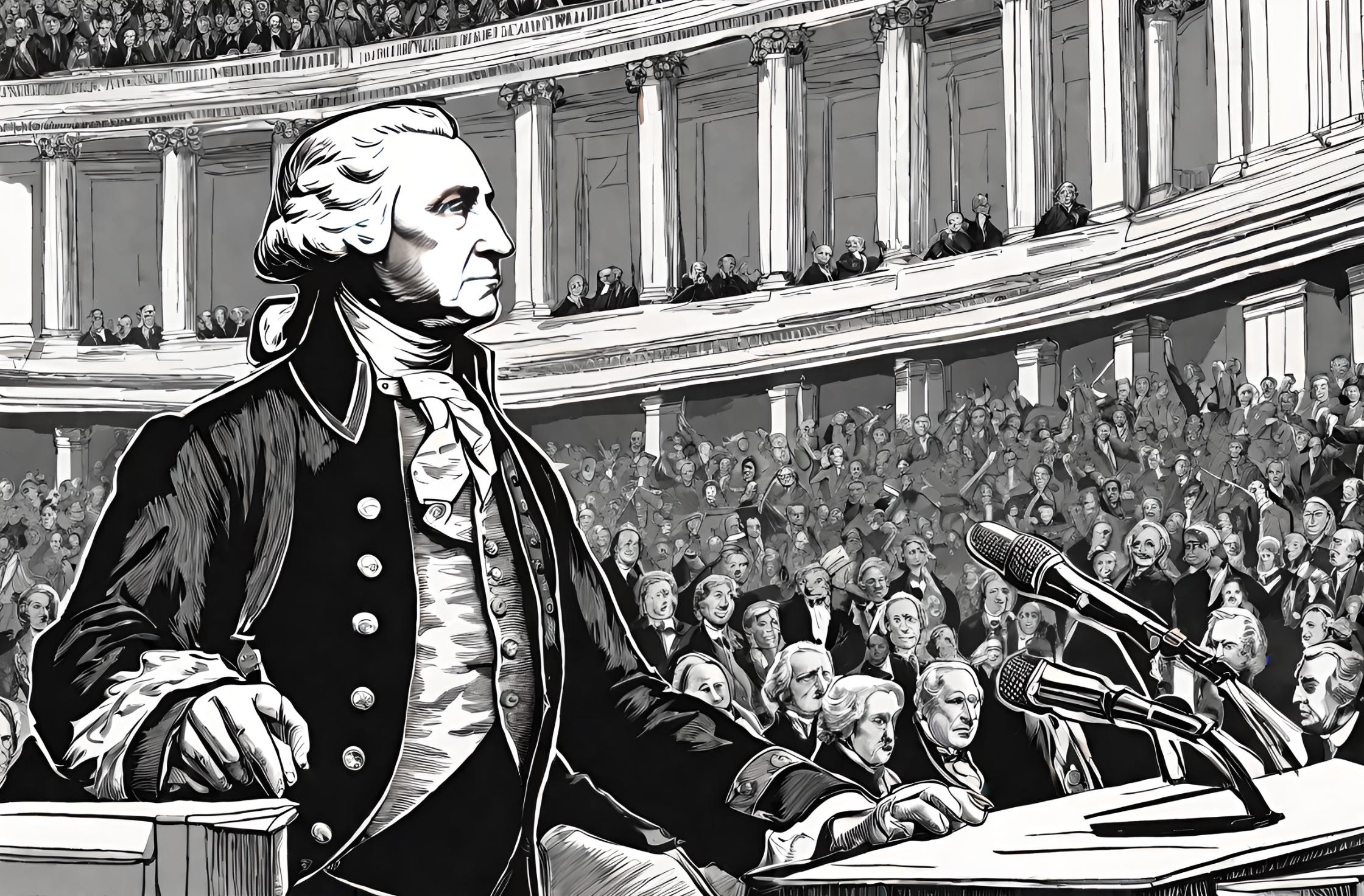Flashback to January 8
American History

1998
Terry Nichols is sentenced to life in prison for his role in the Oklahoma City bombing.
Read moreOn June 4, 1998, Terry Nichols, a former Army soldier, received a life sentence for his involvement in the devastating Oklahoma City bombing. This tragic event, which took place on April 19, 1995, claimed the lives of 168 people and left hundreds injured. The bombing, one of the deadliest domestic acts of terrorism in U.S. history, shook the nation to its core and forever changed the lives of the victims’ families and the survivors.
The Oklahoma City bombing was a meticulously planned and executed act of terror, orchestrated by Nichols and his accomplice, Timothy McVeigh. The two individuals meticulously constructed a massive bomb made of ammonium nitrate fertilizer, diesel fuel, and other chemicals, which they placed in a rental truck parked outside the Alfred P. Murrah Federal Building.
On that fateful morning, the explosion ripped through the building, causing its collapse and leaving a trail of destruction in its wake. The blast shattered windows, sent debris flying, and sparked a fire that engulfed the surrounding area. The impact of this horrific act reverberated across the country, leading to an outpouring of grief, shock, and anger.
The investigation into the Oklahoma City bombing swiftly uncovered evidence linking Nichols and McVeigh to the attack. Both individuals were arrested and faced trial for their heinous actions. Nichols, who was charged with conspiracy to use a weapon of mass destruction and eight counts of involuntary manslaughter, among other charges, stood accused of playing a significant role in the planning and execution of the bombing.
During the trial, prosecutors presented a compelling case against Nichols, highlighting his close association with McVeigh and their shared anti-government beliefs. Witnesses, including Nichols’ ex-wife and former associates, testified to his involvement in acquiring the materials used in constructing the bomb. The jury was also shown evidence of Nichols’ visits to the bombing site in the days leading up to the attack.
Ultimately, the jury found Terry Nichols guilty on federal charges, sparing him the death penalty but sentencing him to life in prison without the possibility of parole. The sentencing hearing provided an opportunity for victims’ families to confront Nichols and express their anger, grief, and pain. The emotional testimony provided a glimpse into the immense suffering caused by the Oklahoma City bombing, as survivors recounted their personal struggles to recover from the physical and psychological scars left by the attack.
The impact of the Oklahoma City bombing continues to be felt decades later. The tragedy prompted a national dialogue on domestic terrorism, security measures, and the balance between individual freedoms and public safety. It also spurred the strengthening of laws related to the possession and sale of explosive materials, ensuring that such heinous acts of violence would be more difficult to carry out in the future.
Today, the Oklahoma City National Memorial stands on the site where the Alfred P. Murrah Federal Building once stood, serving as a solemn reminder of the lives lost and a testament to the resilience of the community. The memorial includes a reflecting pool, a field of empty chairs representing each victim, and a museum that tells the story of the Oklahoma City bombing and its aftermath.
The sentencing of Terry Nichols to life in prison marked a significant milestone in the pursuit of justice for the victims and their families. While it could never reverse the pain and devastation caused by the bombing, it provided closure and a sense of accountability. The Oklahoma City bombing stands as a somber reminder of the need for vigilance in the face of hate and a call to stand united against acts of terrorism.
We strive for accuracy. If you see something that doesn't look right, click here to contact us!
Sponsored Content

President George Washington delivers…
On January 8, 1790,…

Watergate scandal: The trial…
The trial of seven…

Herman Hollerith receives a…
On January 8, 1889,…

In New Hampshire, USA,…
During the Democratic caucuses…

US Airways Express Flight…
On 1/8/2003, tragedy struck…

Unsuccessful slave revolt led…
The unsuccessful slave revolt,…

